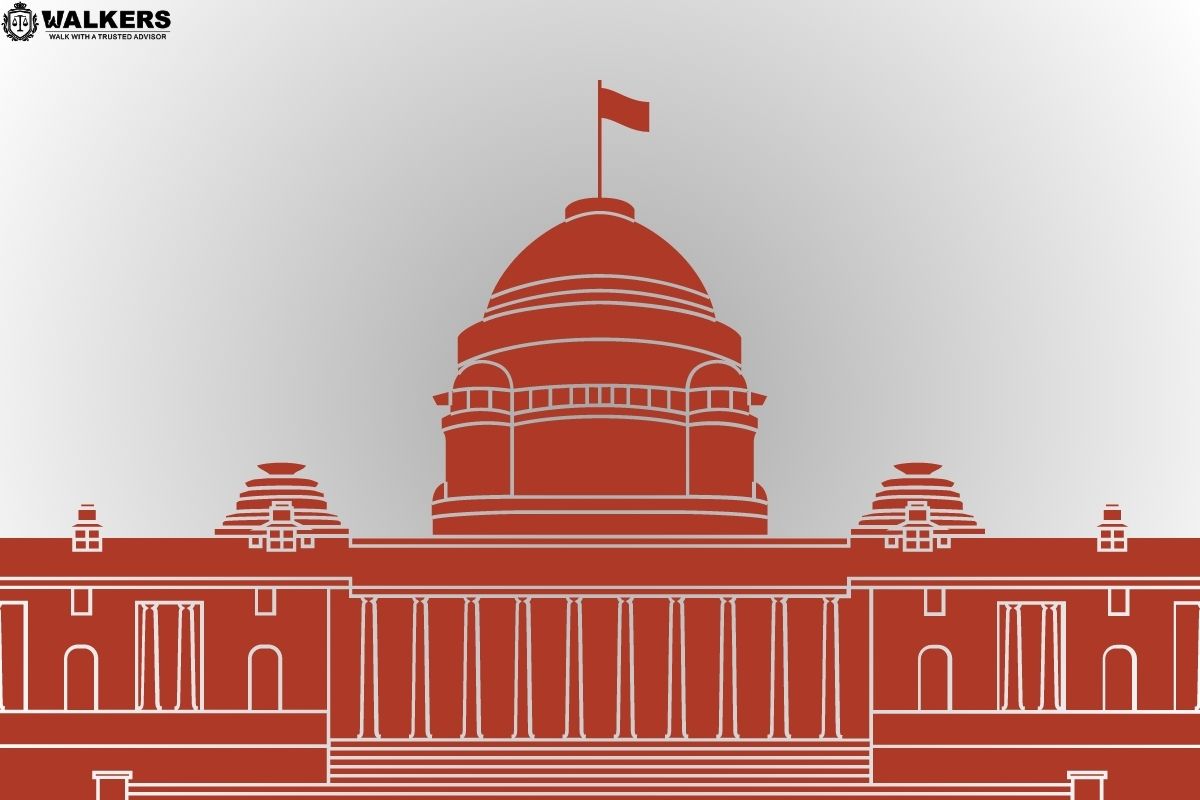


The Supreme Court, on Friday, invalidated a directive from the Madras High Court to the Central government, which required the enactment of a tort liability law within a six-month timeframe and the consideration of granting statutory or Constitutional status to the Law Commission of India. The ruling, given in the case of Union of India and ors vs K Pushpavanam and ors, emphasized that a Constitutional Court lacks the authority to mandate legislative action on a specific subject and in a specific manner. The bench, comprising Justices Abhay S Oka and Sanjay Karol, underscored that the Court's role is to offer recommendations or opinions on the need for new laws or amendments, rather than enforce legislative directives. The Supreme Court's decision stemmed from an appeal by the Central government, contesting a September 2021 verdict by the Madras High Court. The High Court's ruling had called for the appointment of Nodal Officers in government departments to note down suggestions from Constitutional Courts regarding legislation or amendments. Notably, the High Court had directed the Central government to examine the introduction of a tort liability law and to determine the status of the Law Commission of India, both within a six-month timeframe. Additionally, the High Court urged increased funding and resources for the Law Commission, along with timely appointments of its members and chairman. The Supreme Court, however, allowed the Central government's appeal against these directives, asserting that a writ court lacks the authority to dictate the introduction of specific bills in the legislature or to decide on matters of policy, such as the status of the Law Commission. The Court further noted that decisions such as the appointment of nodal officers in Union Ministries fall under the jurisdiction of the Central government. Consequently, the Supreme Court set aside the three directives issued by the High Court, clarifying that they should be treated as recommendations by the Union government. Additional Solicitor General Aishwarya Bhati represented the Central government in the case, while a team of advocates stood for the original writ petitioner, K Pushpavanam.
Click Here to: Download/View Related File
TAGS: Supreme Court Madras High Court directive Central government tort law enactment liability Law Commission of India Constitutional Court legislature recommendation verdict Nodal Officers government departments legislation amendments funding resources members chairman appeal Union of India K Pushpavanam Justices Abhay S Oka Sanjay Karol writ court bills policy decisions status Union Ministries Additional Solicitor General Aishwarya Bhati advocates original writ petitioner.